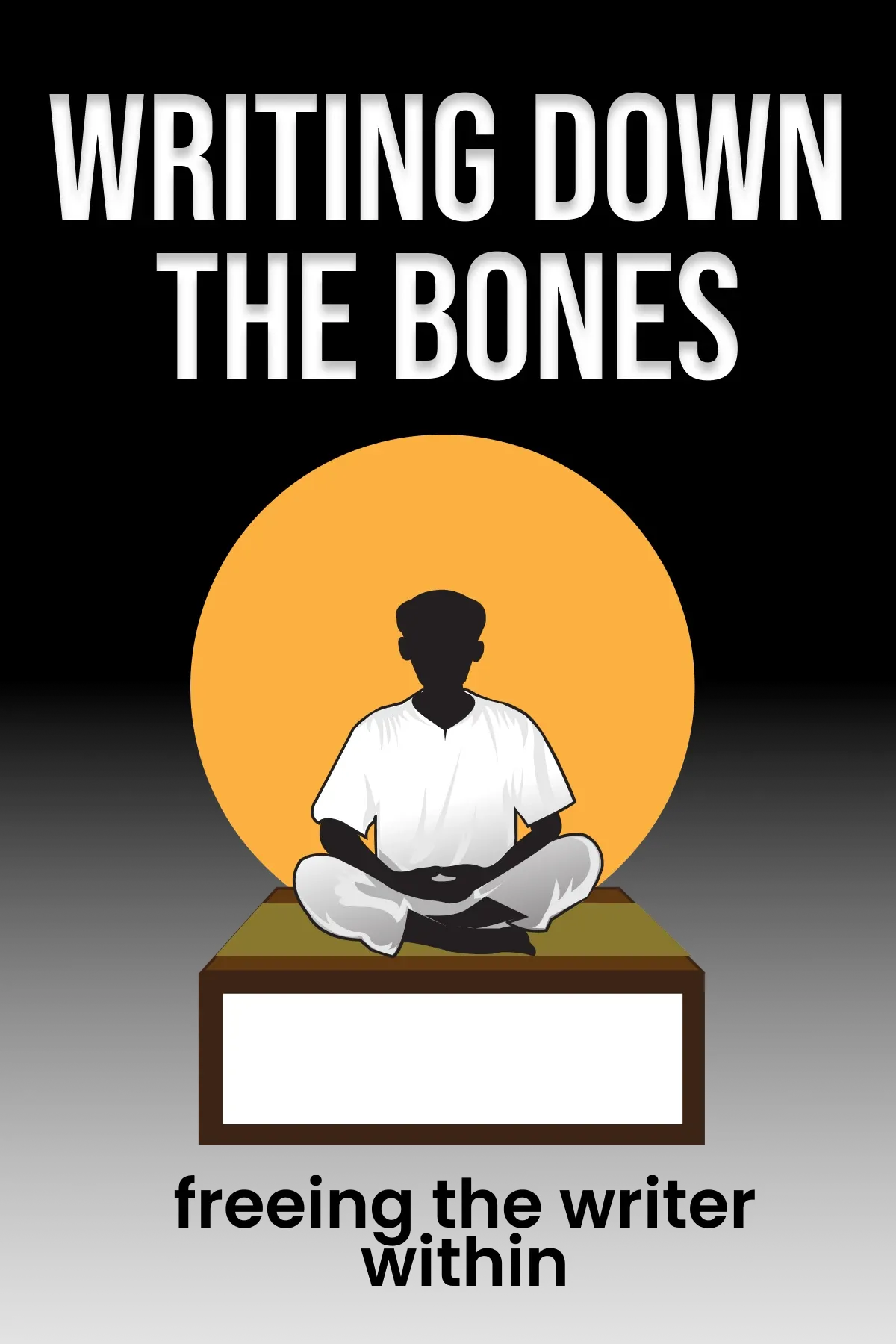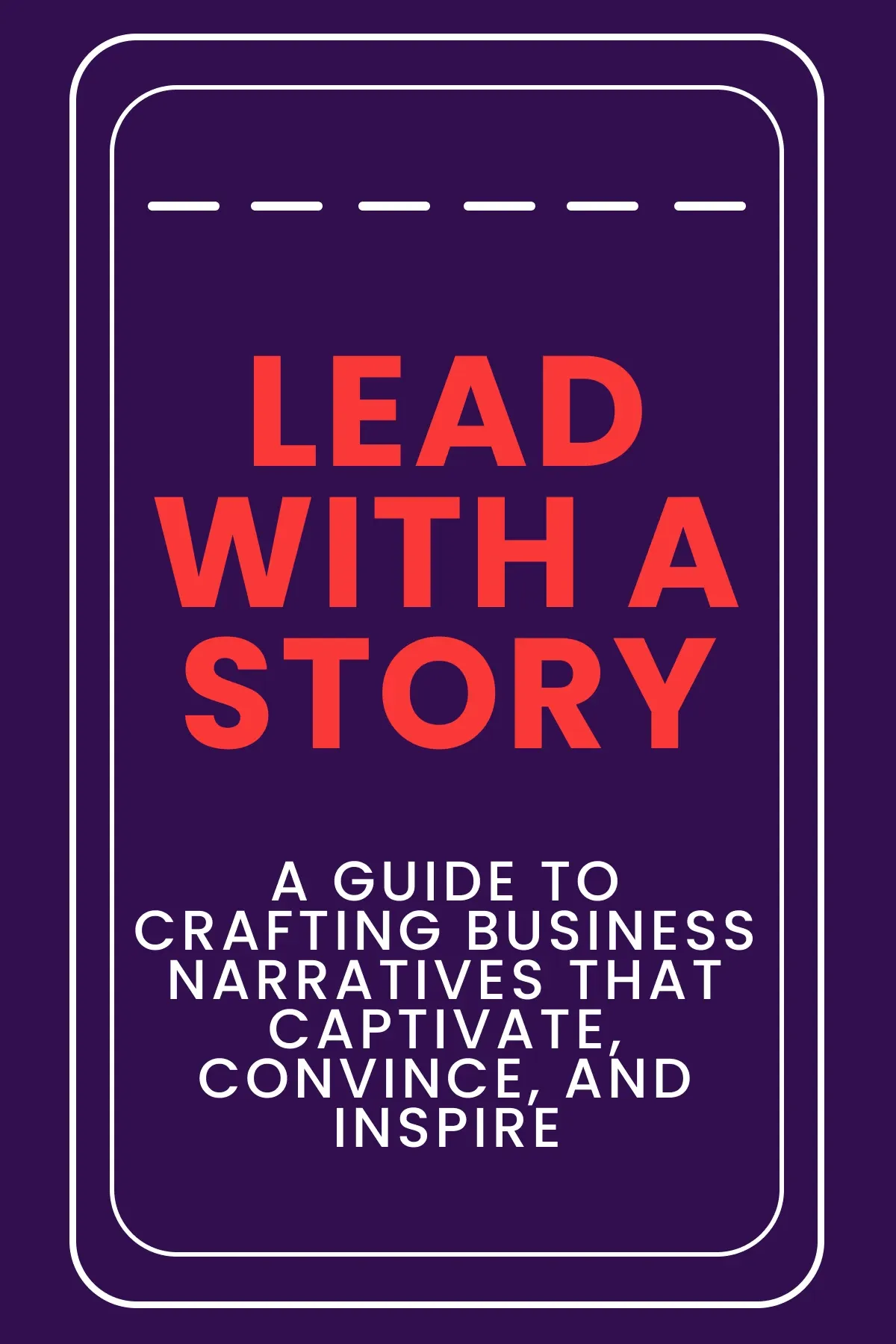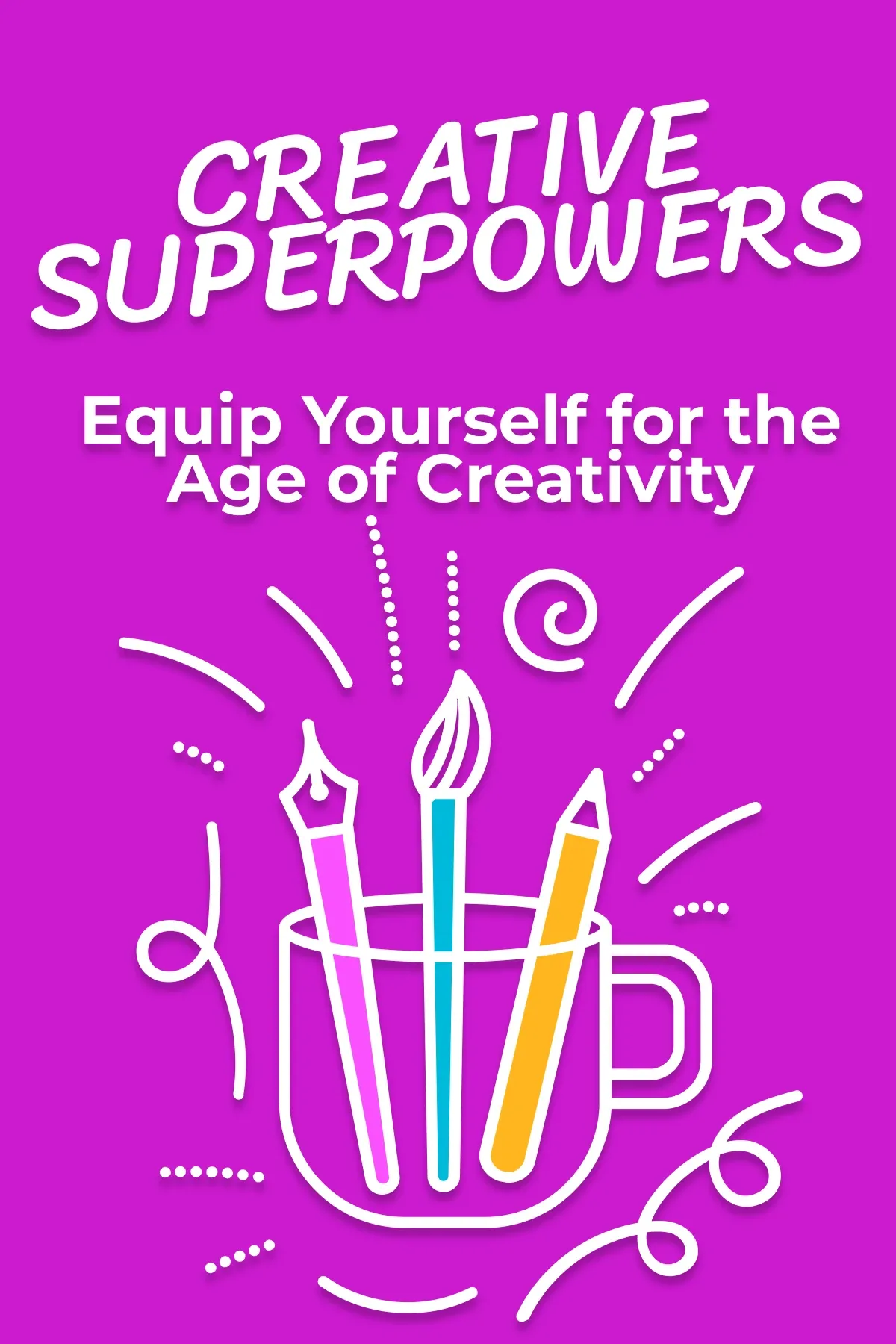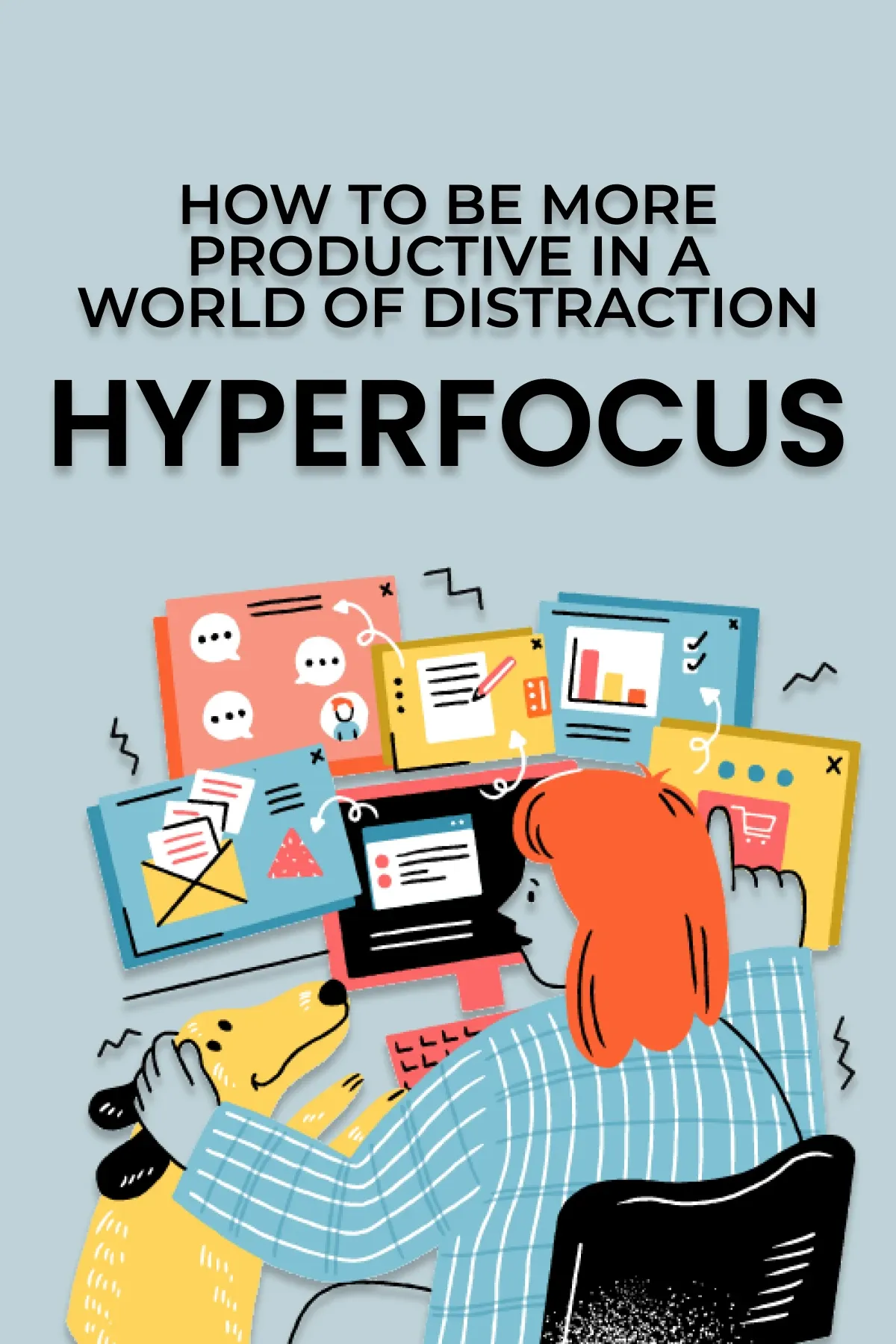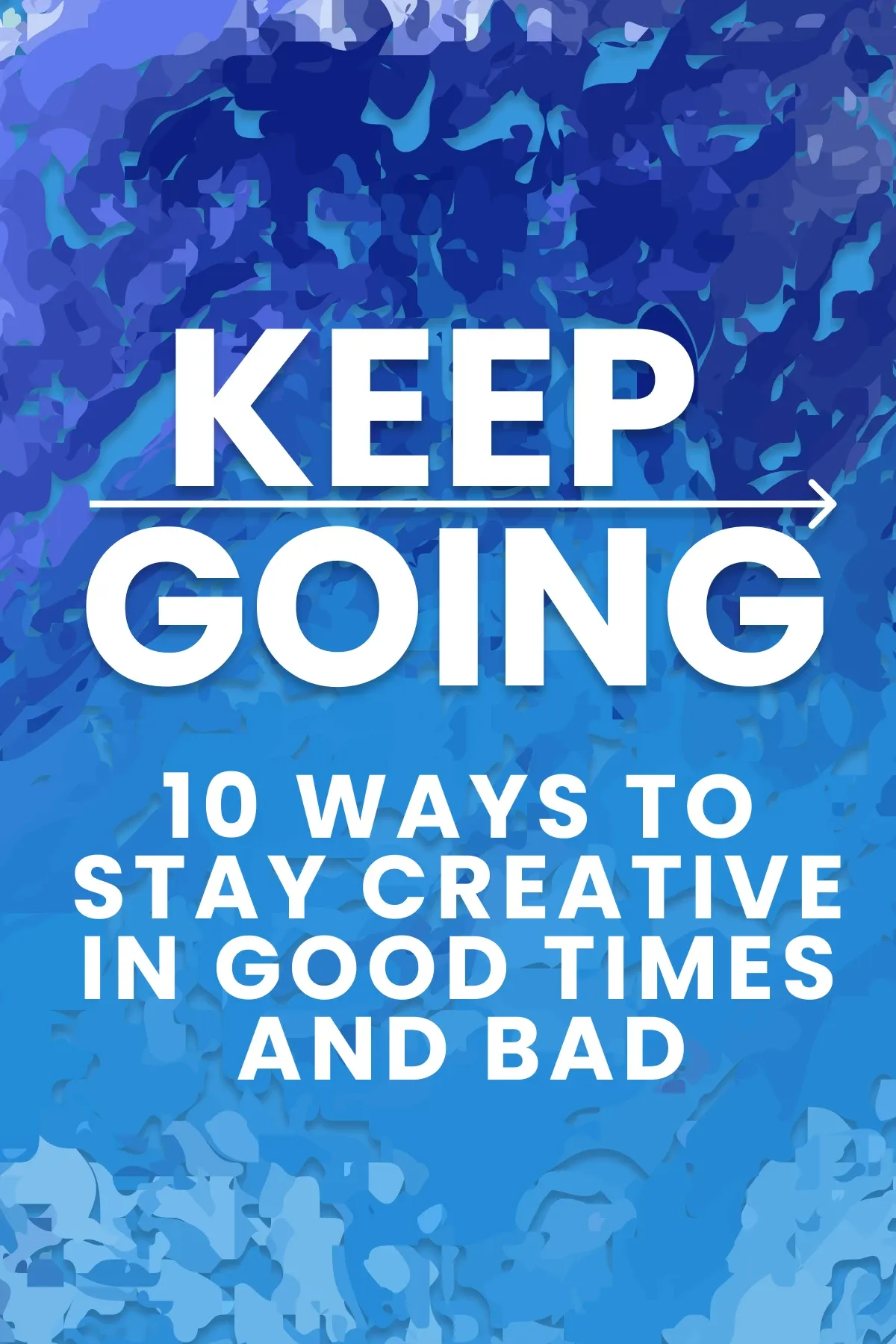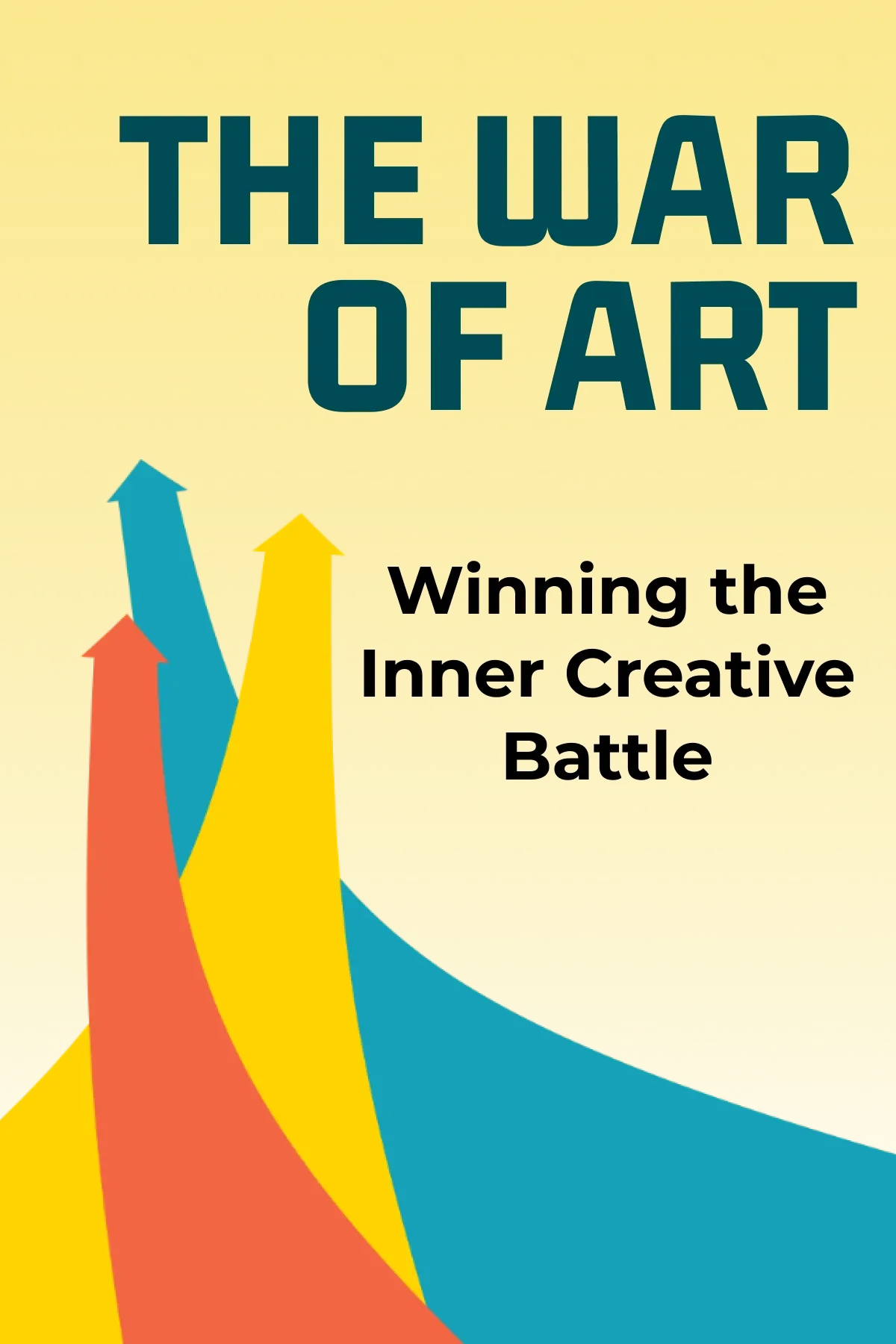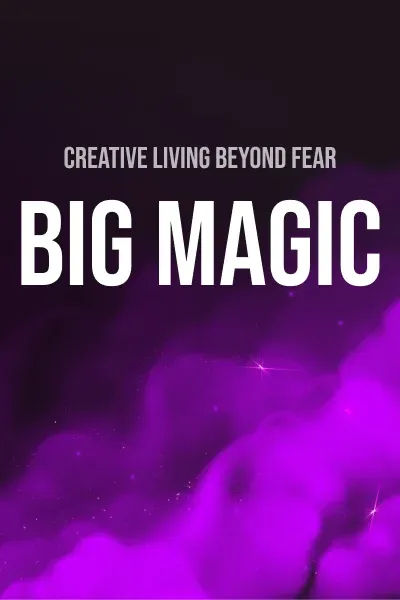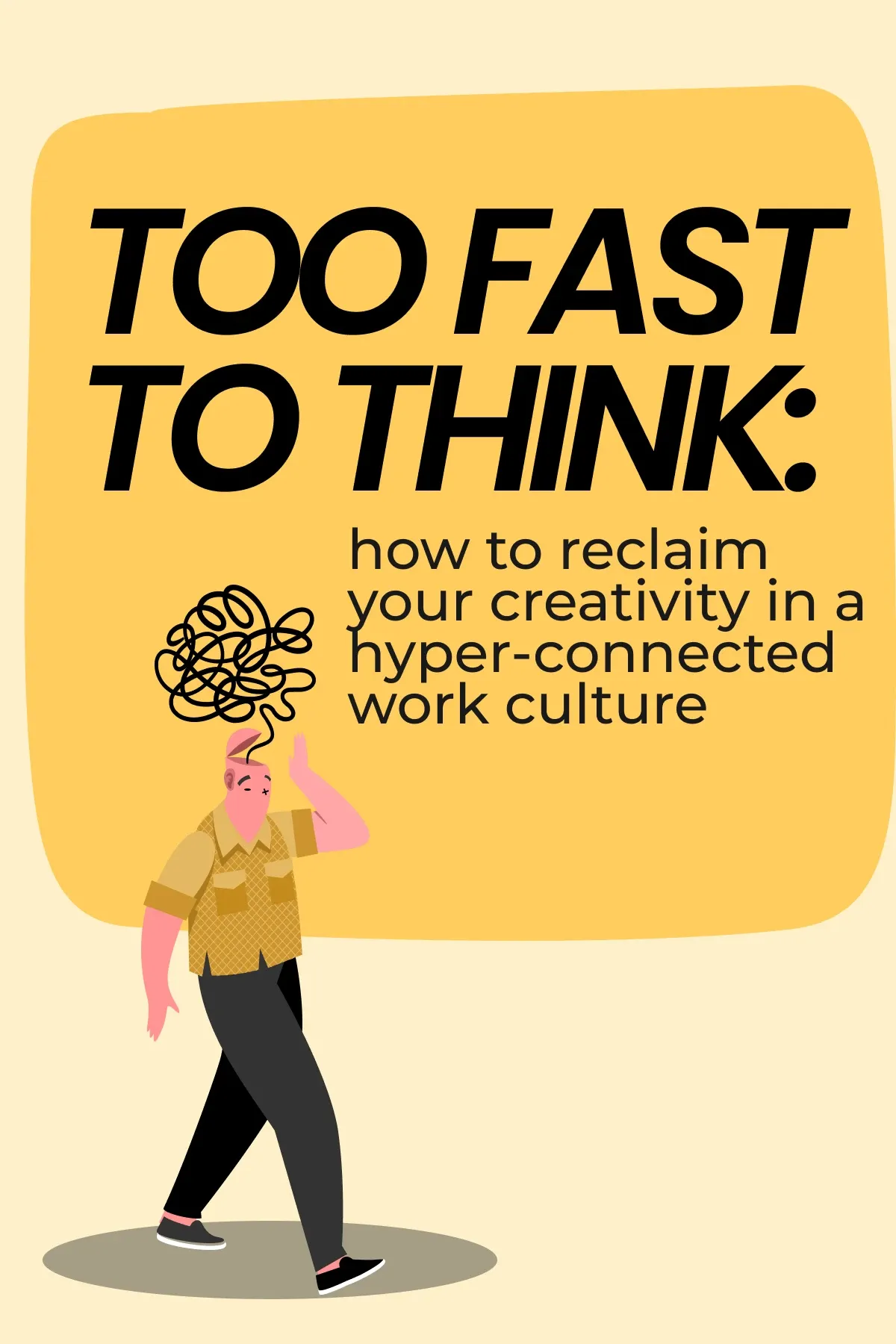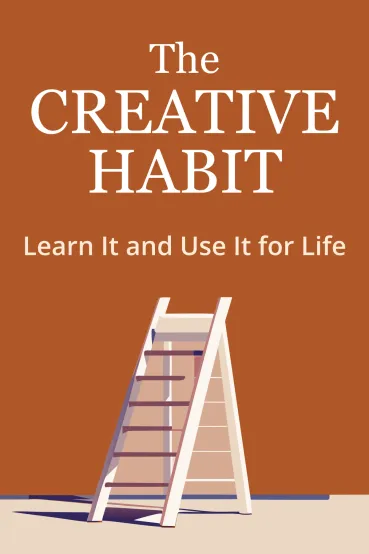
The Creative Habit
Brief Summary
Twyla Tharp, a world-renowned choreographer, shares her secrets for developing and nurturing creativity. With anecdotes from various art forms, such as music, dance, and literature, “The Creative Habit” showcases the universal nature of creativity. Whether you're an artist, a leader, or anyone wanting to enhance their creative potential, Tharp's insights and exercises provide an invaluable roadmap.
Topics
Key points
Key idea 1 of 9
There’s a common misconception that creativity is an innate talent that artists are born with. When we admire a remarkable piece of work, we often exclaim, “You are so talented!” But this is a misleading assessment, potentially even the offensive one. The creator of that work knows all too well that mastery isn’t achieved overnight. What we label as talent is, in fact, the result of countless hours of practice. Therefore, we must move away from the romanticized idea that all creative people possess a natural gift and put no effort into being artists.
Creativity is a demanding job, no less challenging than any other profession. Creative individuals often struggle with the dreaded block. Many find it familiar to feel anxiety about facing a "blank canvas," where the uncertainty of a new project can be daunting. The author, Twyla Tharp, shares a personal experience from a dance studio, where a planned performance was only half-prepared. That forced her to develop the choreography from scratch in the shortest possible time. This pressure and anxiety are universal among artists, whether they are dancers, writers, painters, or musicians.
The essence of creativity cannot be harnessed without preparation. It requires a solid foundation built on a disciplined mindset. Take, for instance, the film “The Karate Kid,” where the protagonist must first prepare mentally and go through rigorous training like scrubbing a car or painting a fence. This illustrates that only with the right attitude and preparation can we equip ourselves to tackle challenges and ultimately reach our goals.
To make creativity a part of our daily lives, we must cultivate it as a habit. However, maintaining disciplined work habits every day demands consistent effort. Just as an artist must paint regularly, a chemist must conduct research, and a football player must train diligently. Creativity, like any other skill, requires nurturing and practice; without this commitment, you will not achieve productivity.
FAQ
You may also like these summaries


